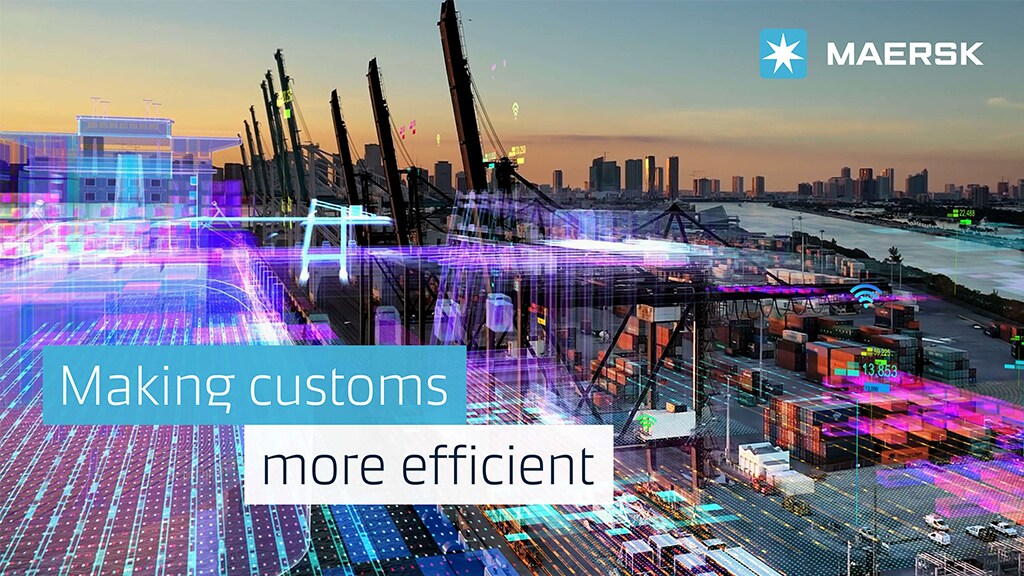In the fast-paced world of global trade, efficiency is key. But for years, customs clearance has been a common cause of delays: the customs processes in some countries are complex and often paper-based.
Customs declarations can often only be submitted after the goods have physically arrived in the country, which leaves little time for processing declarations and often results in delays and disruptions to the supply chain.
A private and public cooperation to streamline trade
That’s where the 'Digitising Global Maritime Trade' (DGMT) project comes in, aiming to streamline and digitise customs procedures. The DGMT project brings together public and private partners, all onboard to make customs clearance more efficient and focus on facilitating trade.
The project is funded by the German Ministry of Development, developed by the United Nations, with industry input and testing from Maersk, and two pilot countries: Sri Lanka and Cambodia. Input from each of these parties is a joint effort to boost trade facilitation and slash paperwork.
Technology at the heart of making customs more efficient
At the heart of 'Digitising Global Maritime Trade' is ASYHUB, a software developed by the United Nations. ASYHUB is an open, standardised platform connecting carrier data to national customs systems.
Instead of giving customs officials very little notice about the cargo that’s arriving, carriers and traders can send cargo information and customs documents electronically weeks in advance into ASYHUB, which enables the pre-arrival processing of declarations. Customs authorities can use that data to perform risk analysis and plan the clearing process of cargo prior to its arrival at the port. That means only high-risk cargo is inspected and the rest is free to move through customs quickly.
Beyond just saving time and money, the DGMT project aims to reduce greenhouse gas (GHG) emissions by cutting down on delays and optimising operations.
As the DGMT project kicks off in Sri Lanka and Cambodia, the work has already started to expand to more countries, making global trade smoother, faster, and more digital than ever.
マースクについて
A.P. モラー - マースクは顧客のサプライチェーンを簡素化し、世界につなぐ統合型ロジスティクス企業です。マースクは130か国でサービスを展開し、およそ10万人の従業員を擁する、ロジスティクスサービスの世界的リーダーです。マースクは、新技術、新しい船舶、グリーン燃料により、2040年までに事業全体でネットゼロ排出を達成することを目指しています。
あらゆるニーズにお応えします
I agree to receive logistics related news and marketing updates by email, phone, messaging services (e.g. WhatsApp) and other digital platforms, including but not limited to social media (e.g., LinkedIn) from A. P. Moller-Maersk and its affiliated companies (see latest company overview). I understand that I can opt out of such Maersk communications at any time by clicking the unsubscribe link. To see how we use your personal data, please read our Privacy Notification.
By completing this form, you confirm that you agree to the use of your personal data by Maersk as described in our Privacy Notification.

